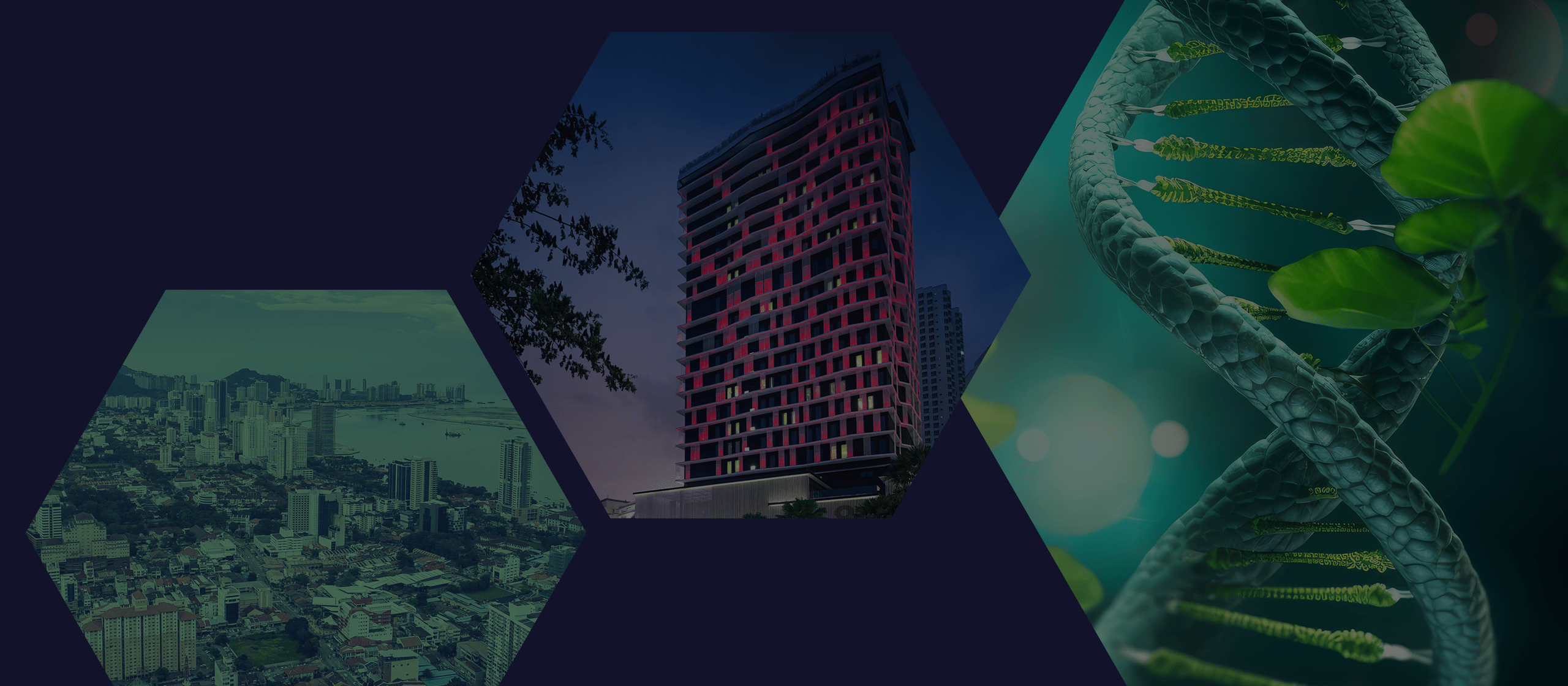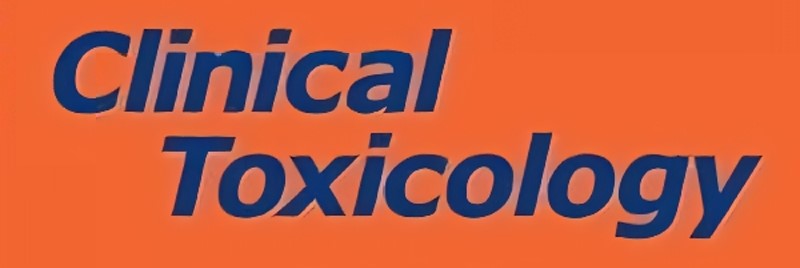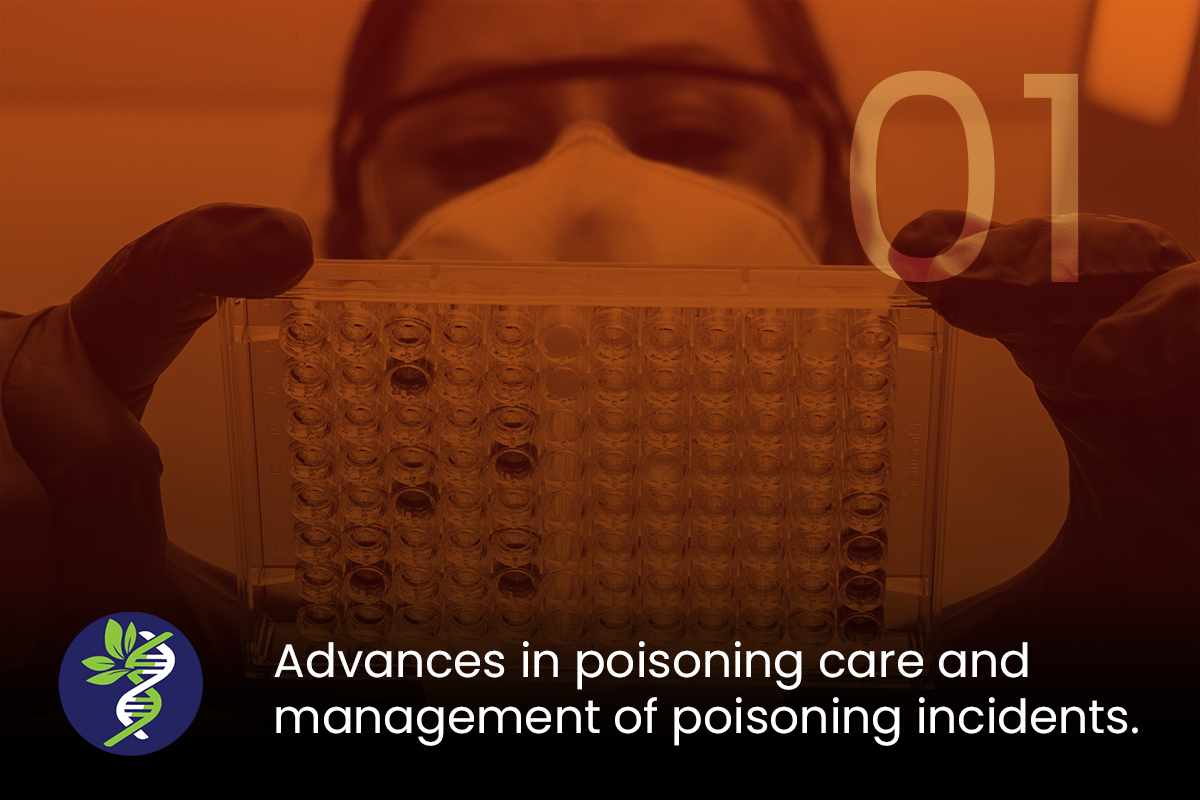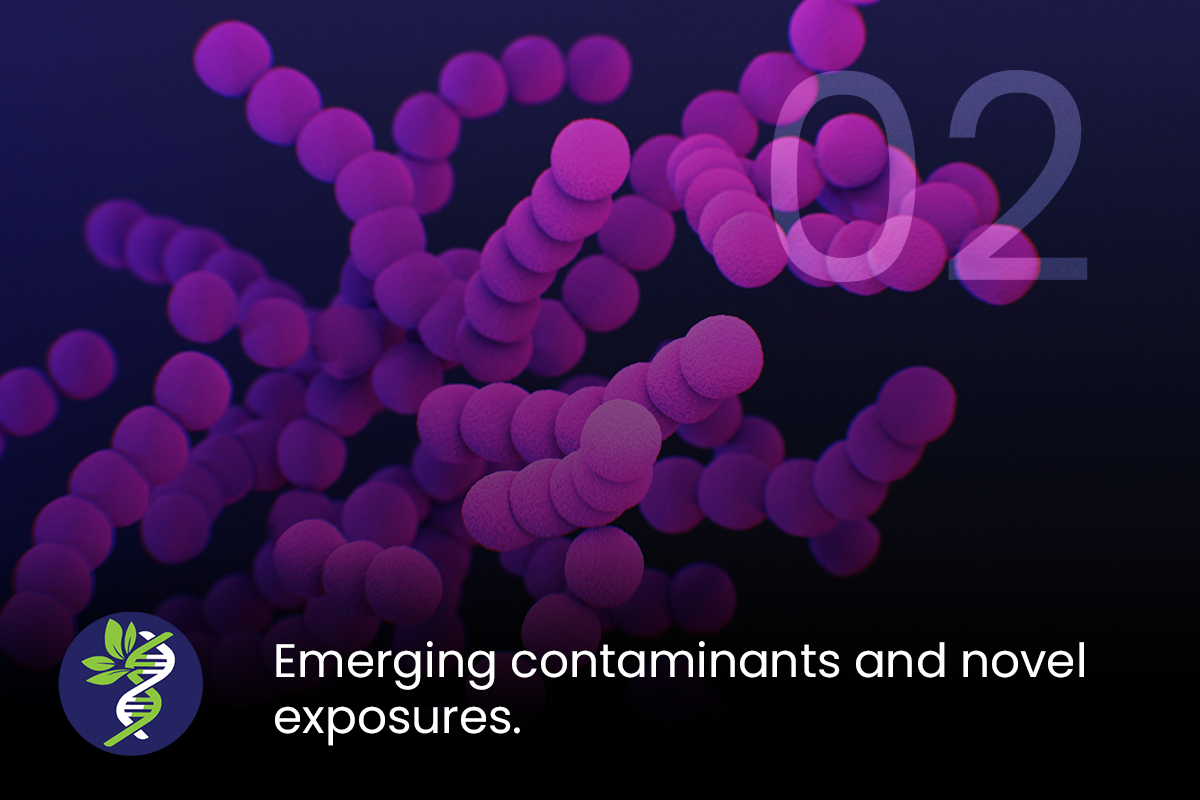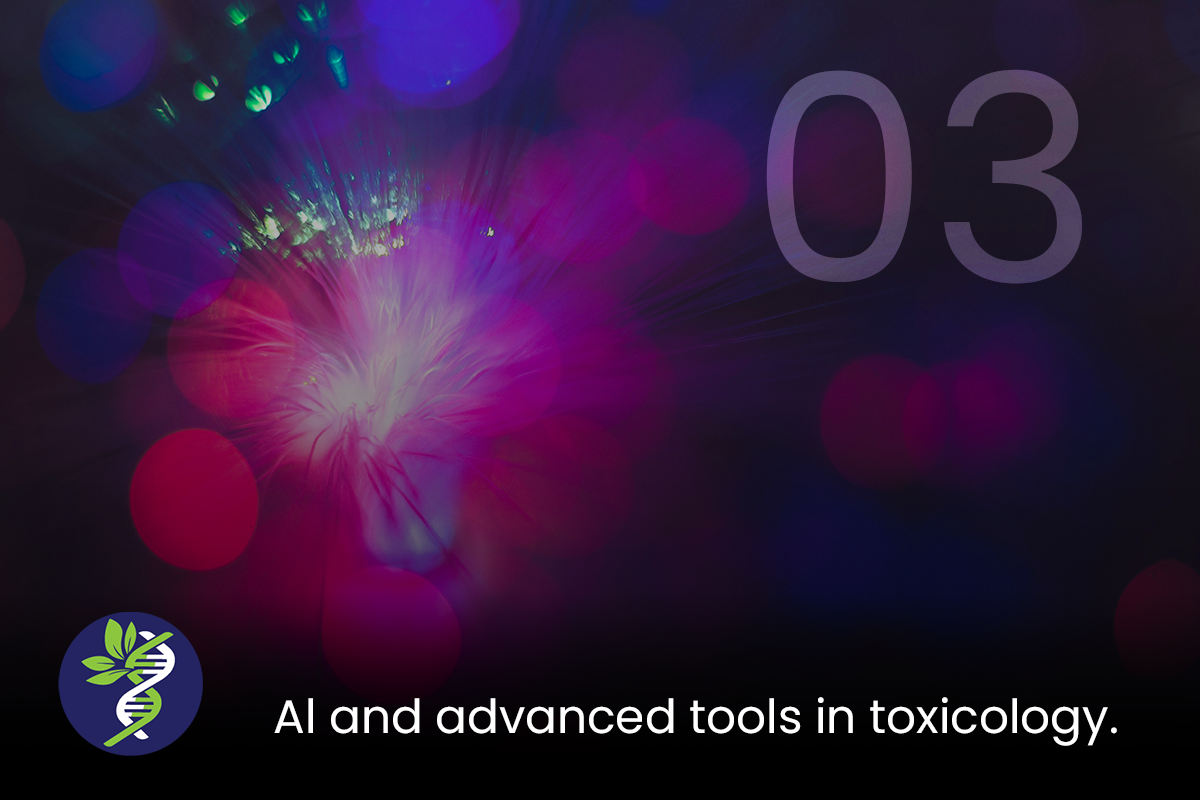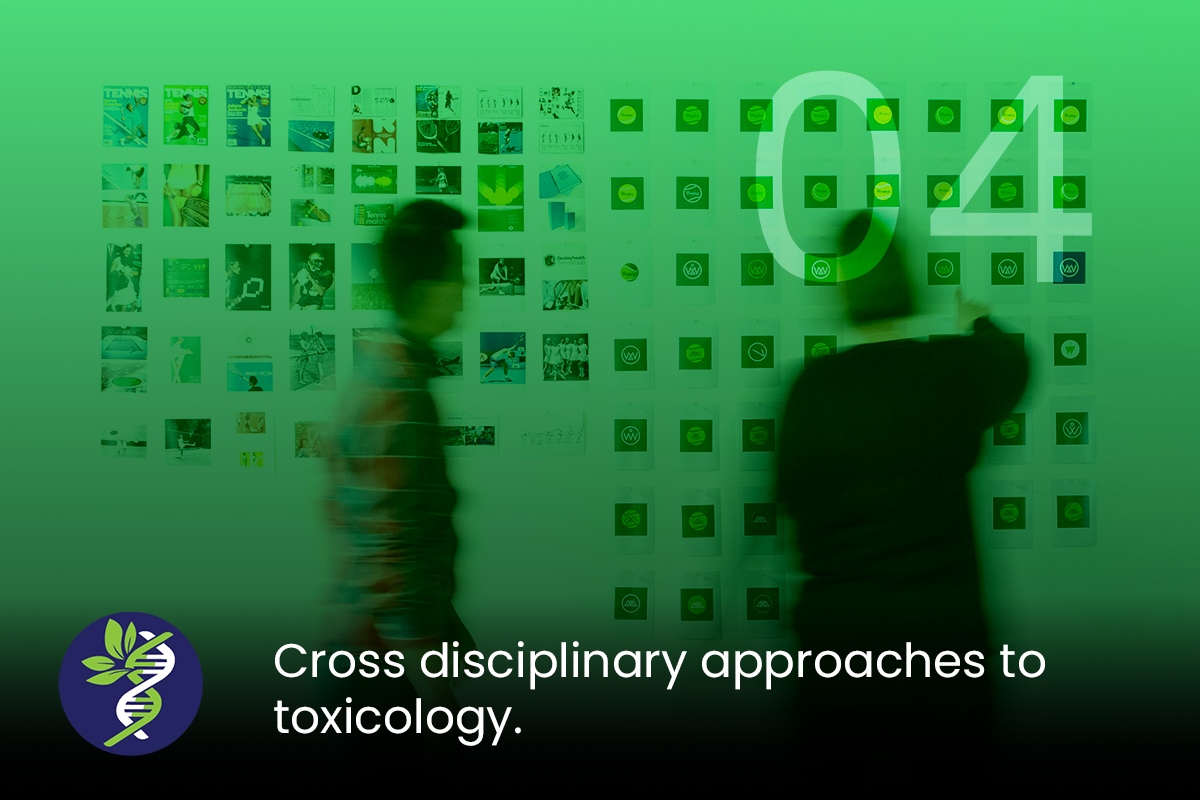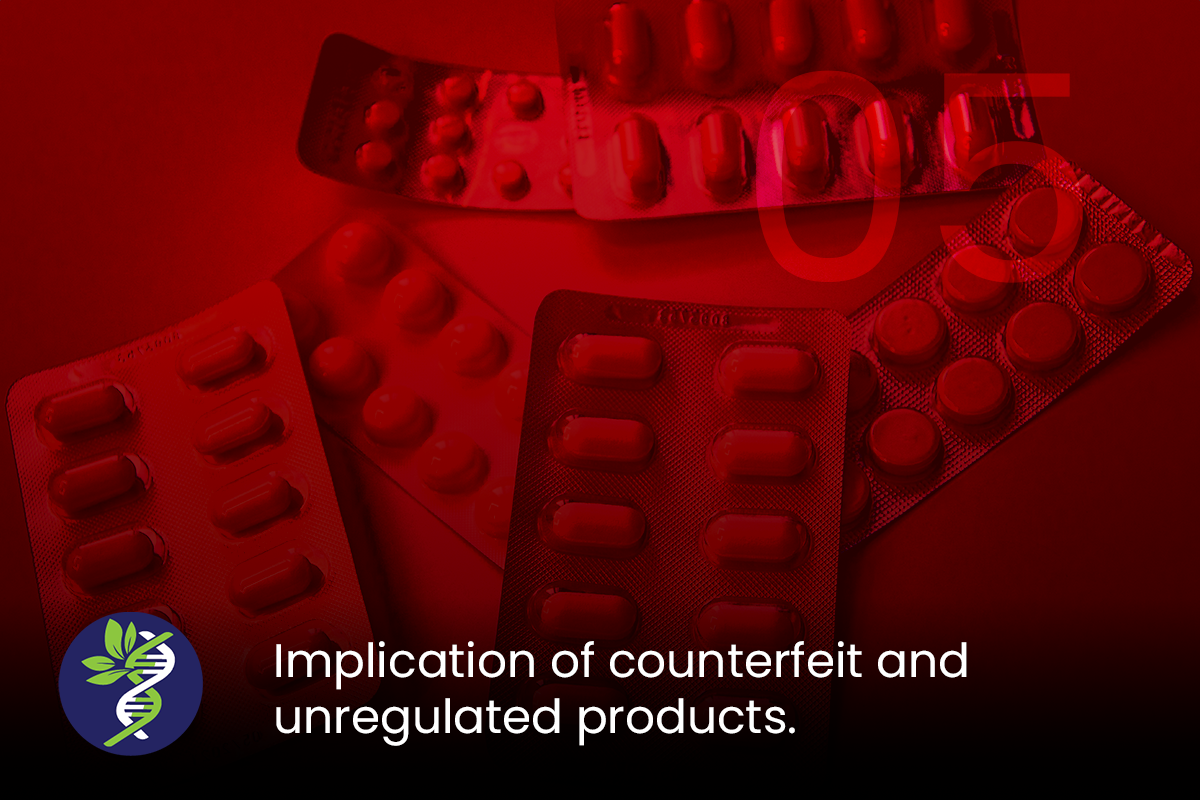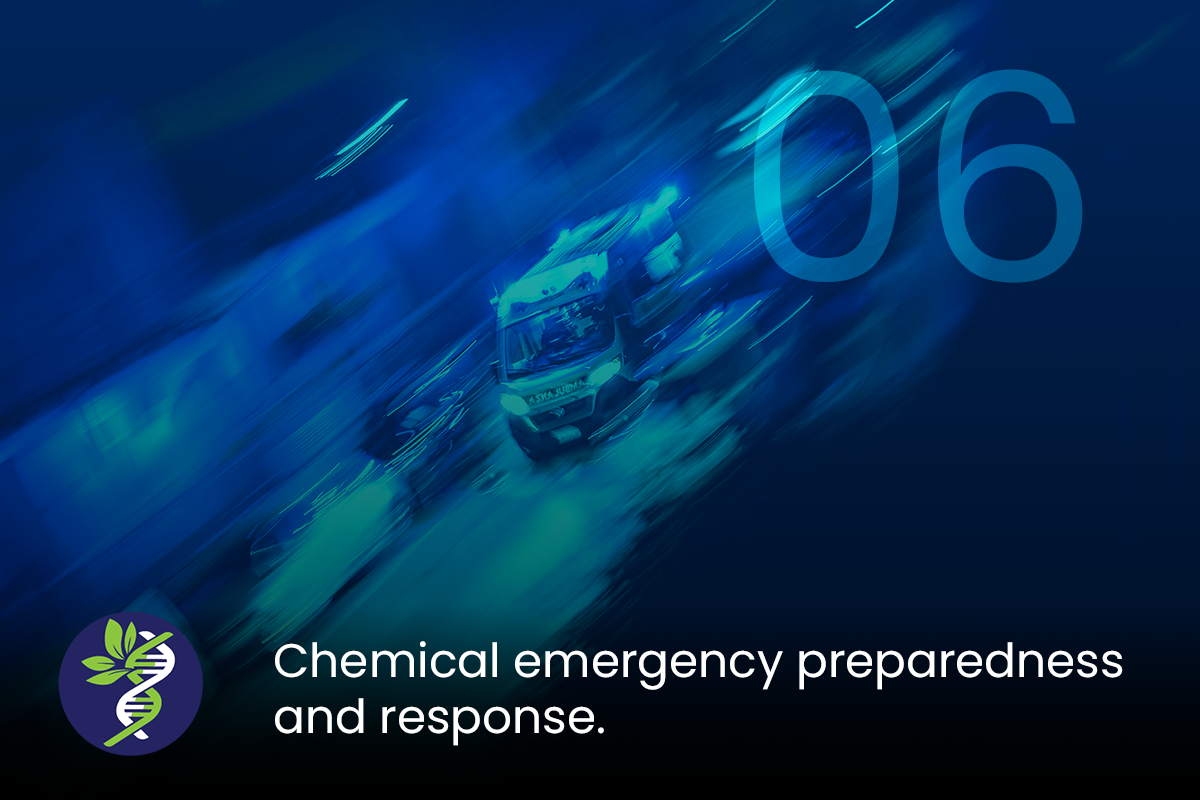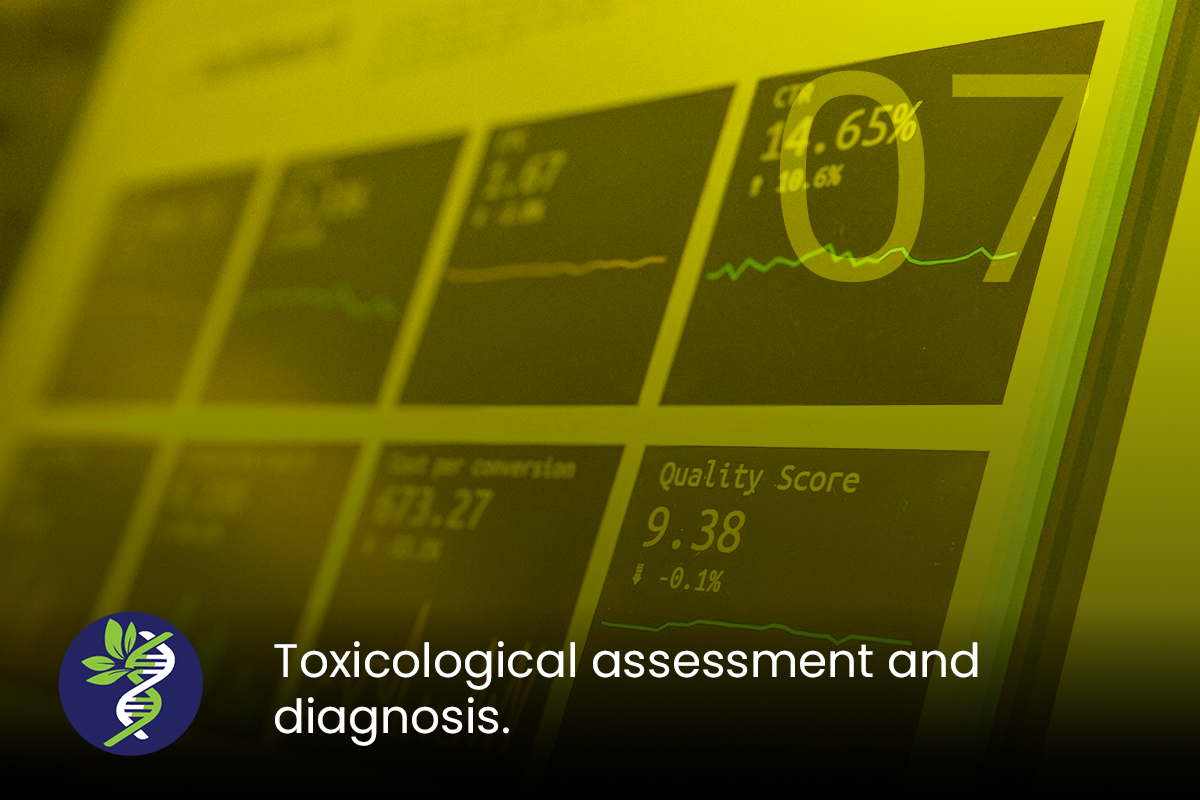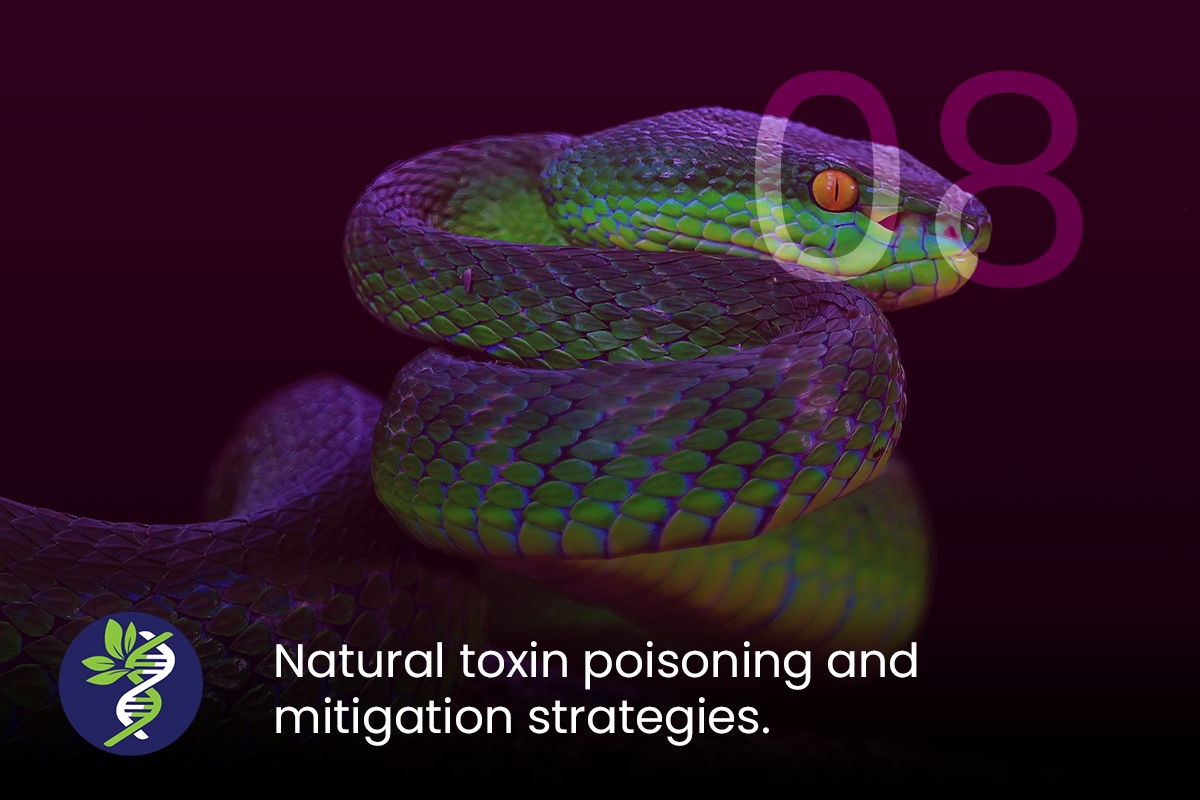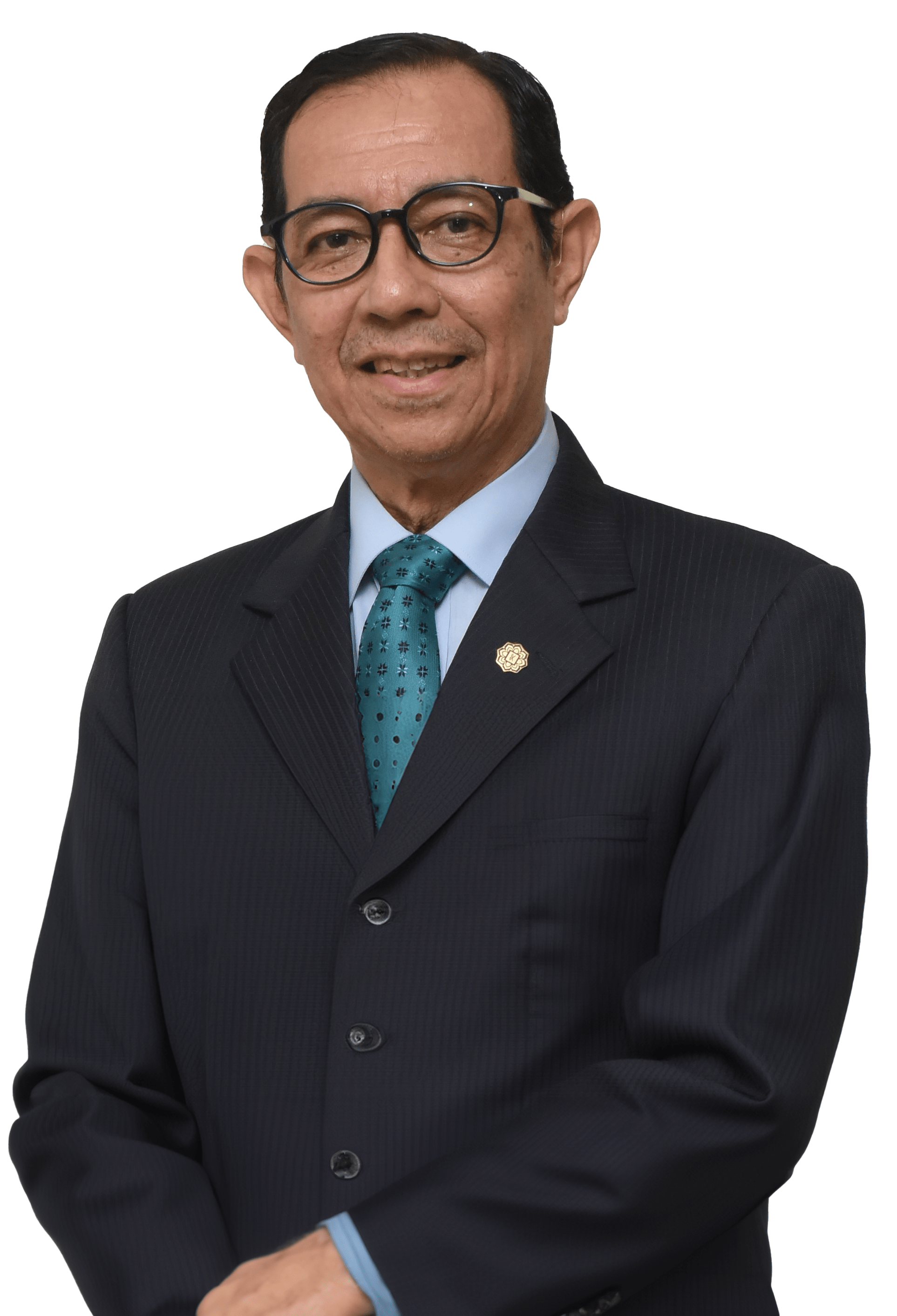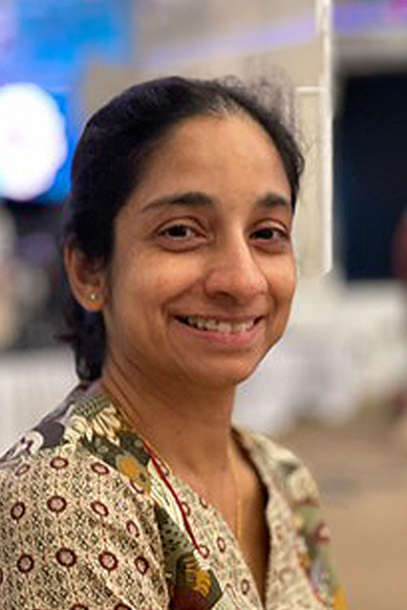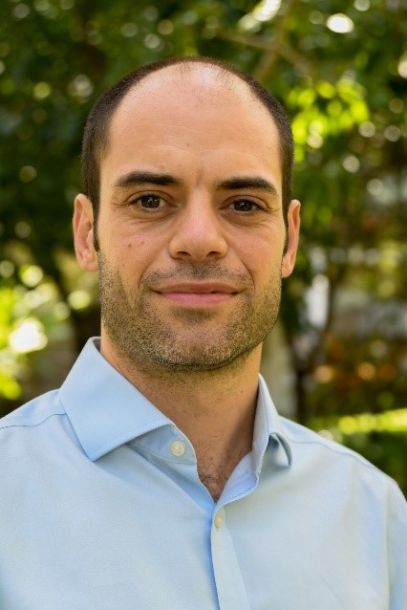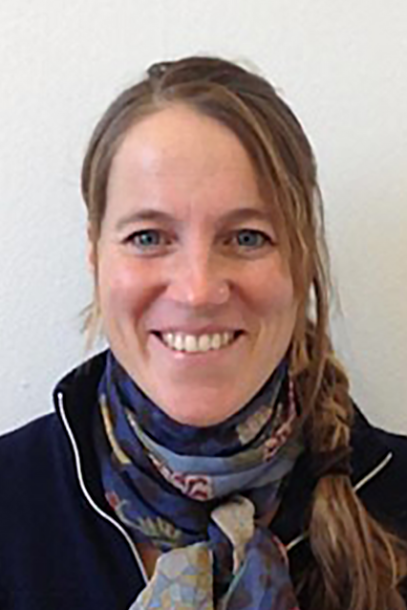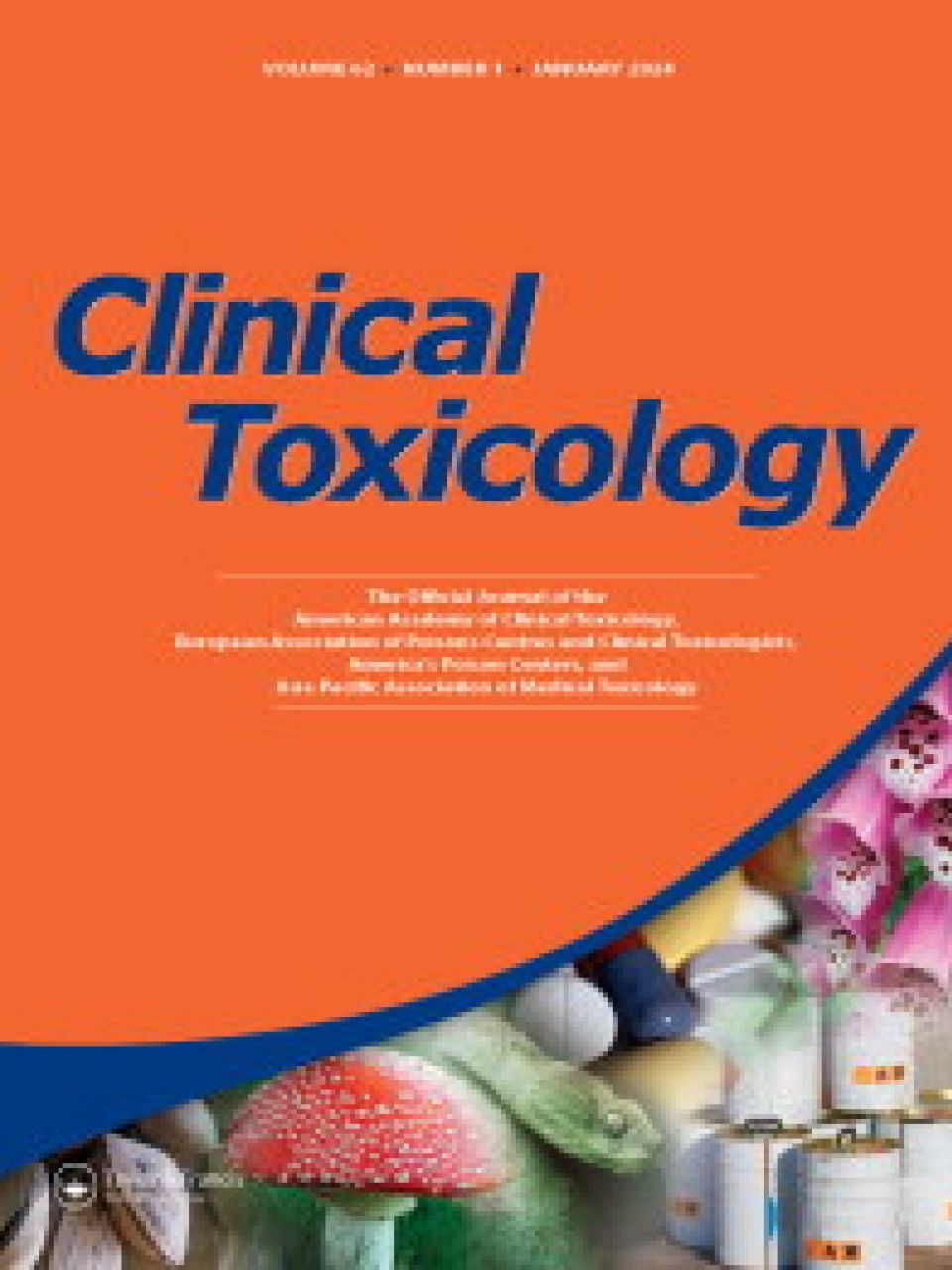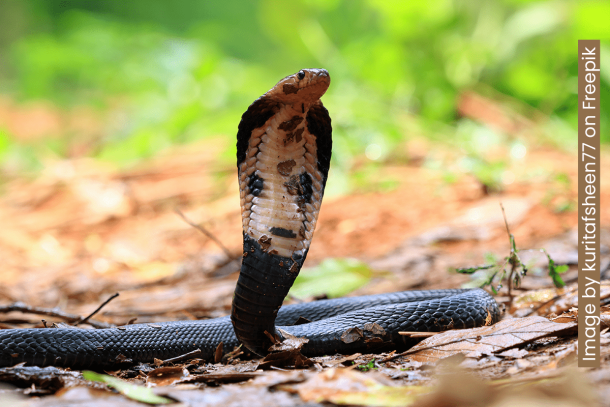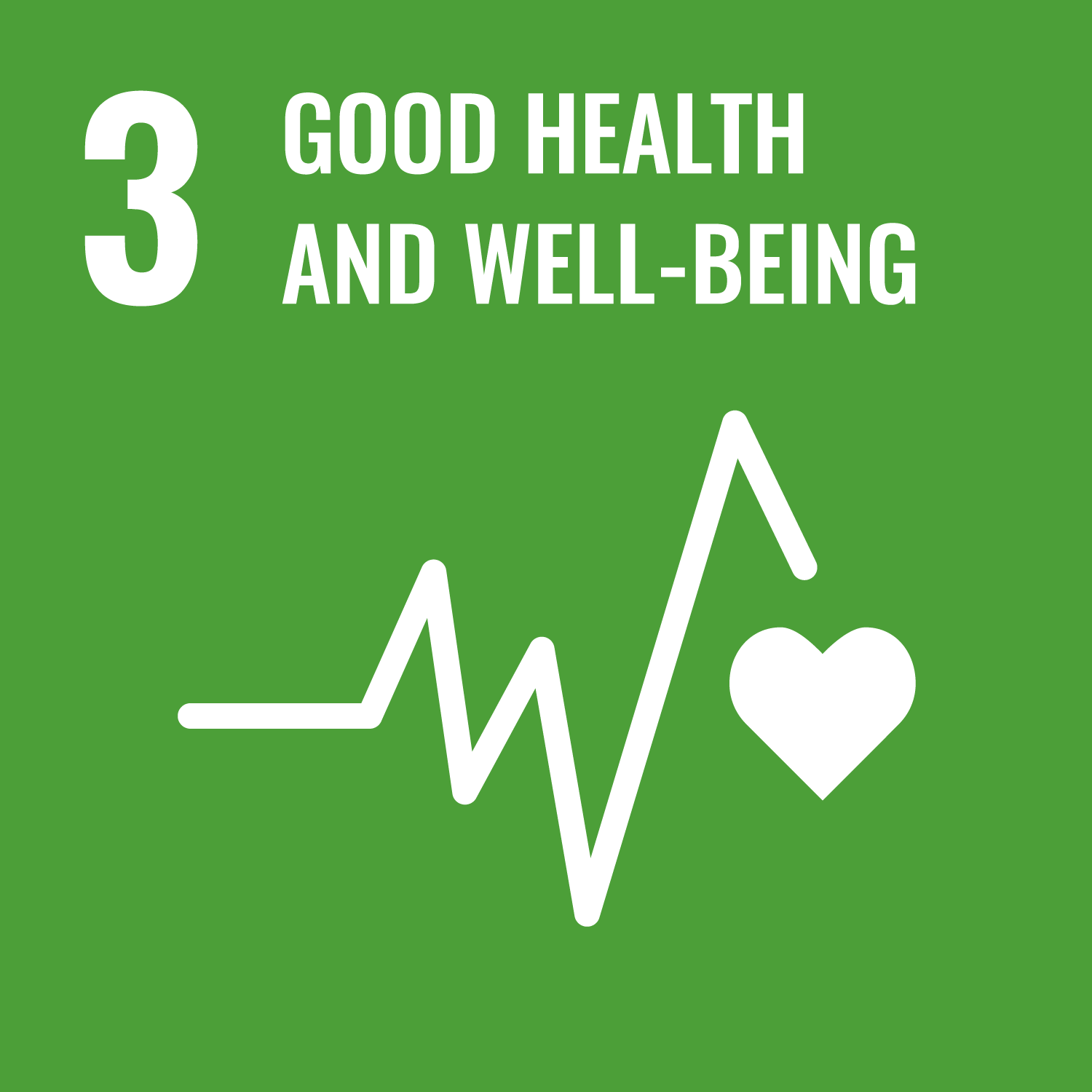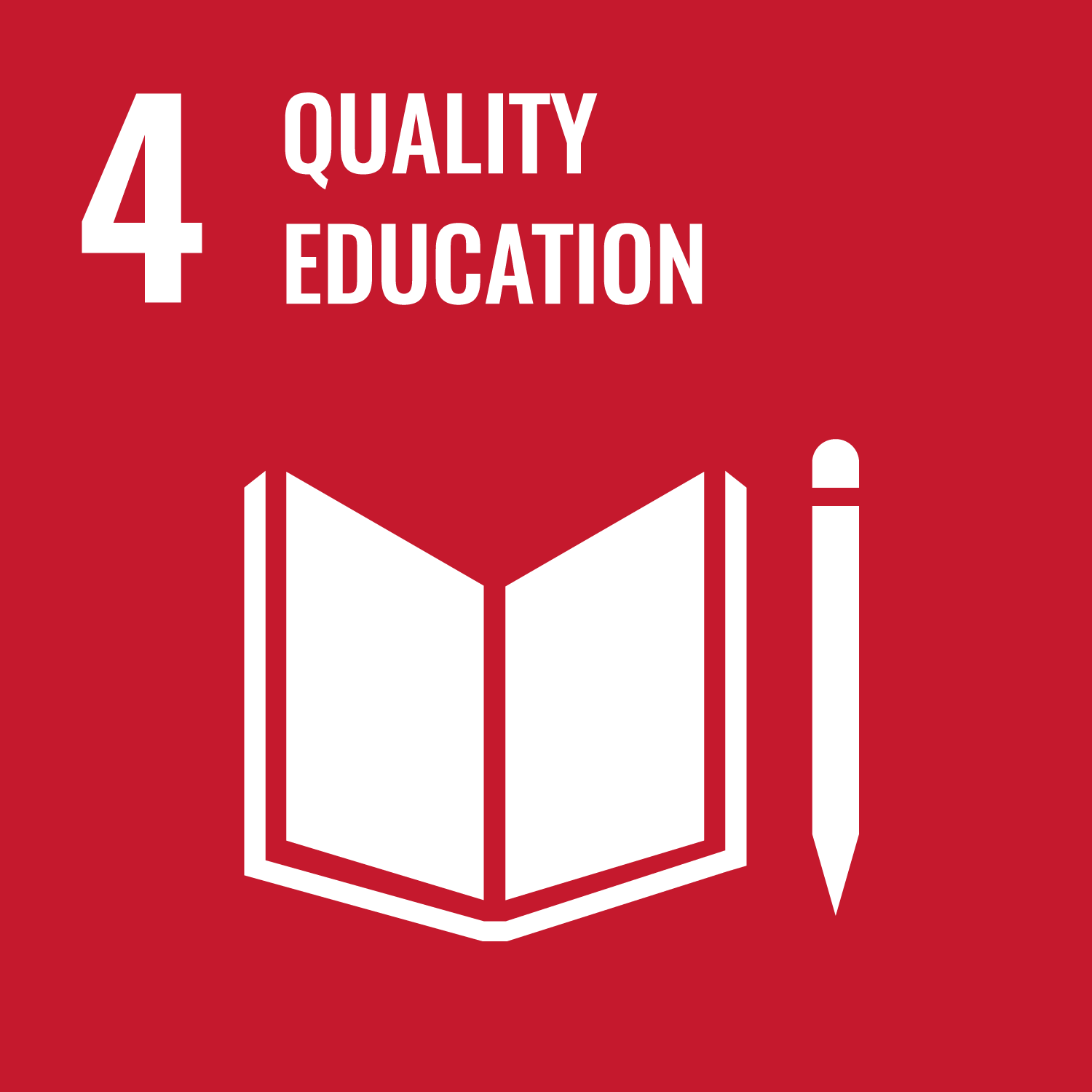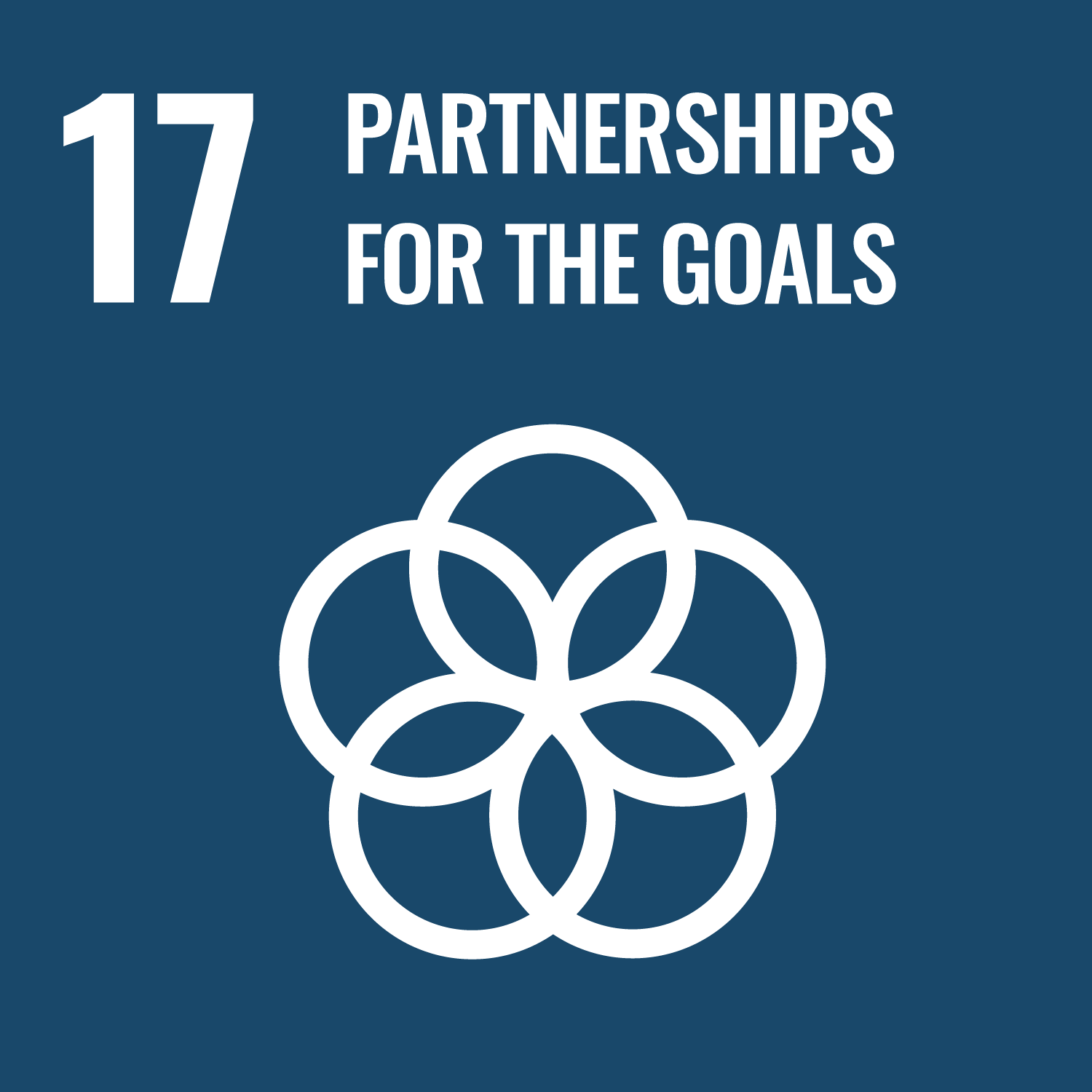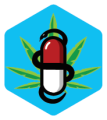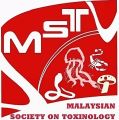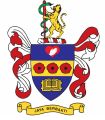APAMT Malaysia 2024 is themed "Transforming the Toxicology Landscape for a Safer and Sustainable Tomorrow,". The conference, through scientific discussions and presentations will deliberate and scrutinise new toxicological approaches to prioritise safety and sustainability. The conference will also focus on prevention of toxic exposures to foster a safer environment. Lectures and presentations on natural toxins, pesticide poisonings, medical management of poisoning, analytical toxicology, risk assessment, mental health and poisoning, drugs (dose to poison), environmental and occupational hazards and risk assessment will be incorporated in the scientific programme. The conference will kick-off with at least two (2) Pre-Congress Workshops on November 11.
The conference website will be updated progressively when new details are available. These would include the scientific programme, invited speakers, registration details, travel scholarships, abstract submission, fees, conference venue, hotel accommodation, and other relevant information.
APAMT and the local organisers are committed to making APAMT Malaysia 2024 in Penang a successful and memorable event. My fellow organisers and I are excited to welcome you to the conference this November. Do mark the conference dates in your calendar.
See You in Penang in November!
Dr Nur Azzalia Kamaruzaman
Conference Organising Chairperson
